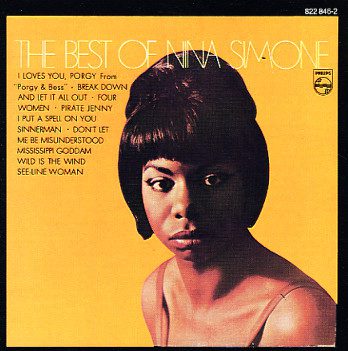Thesis Statement
Nina Simone is one of the founding mothers of Black advocacy singers in the United States. She was one of the greatest community speakers, influencers, and creators during her time. Despite the critical backlash she often faced from white audiences and opinions, she persisted in her work of authenticity and spontaneity in her music and actions.
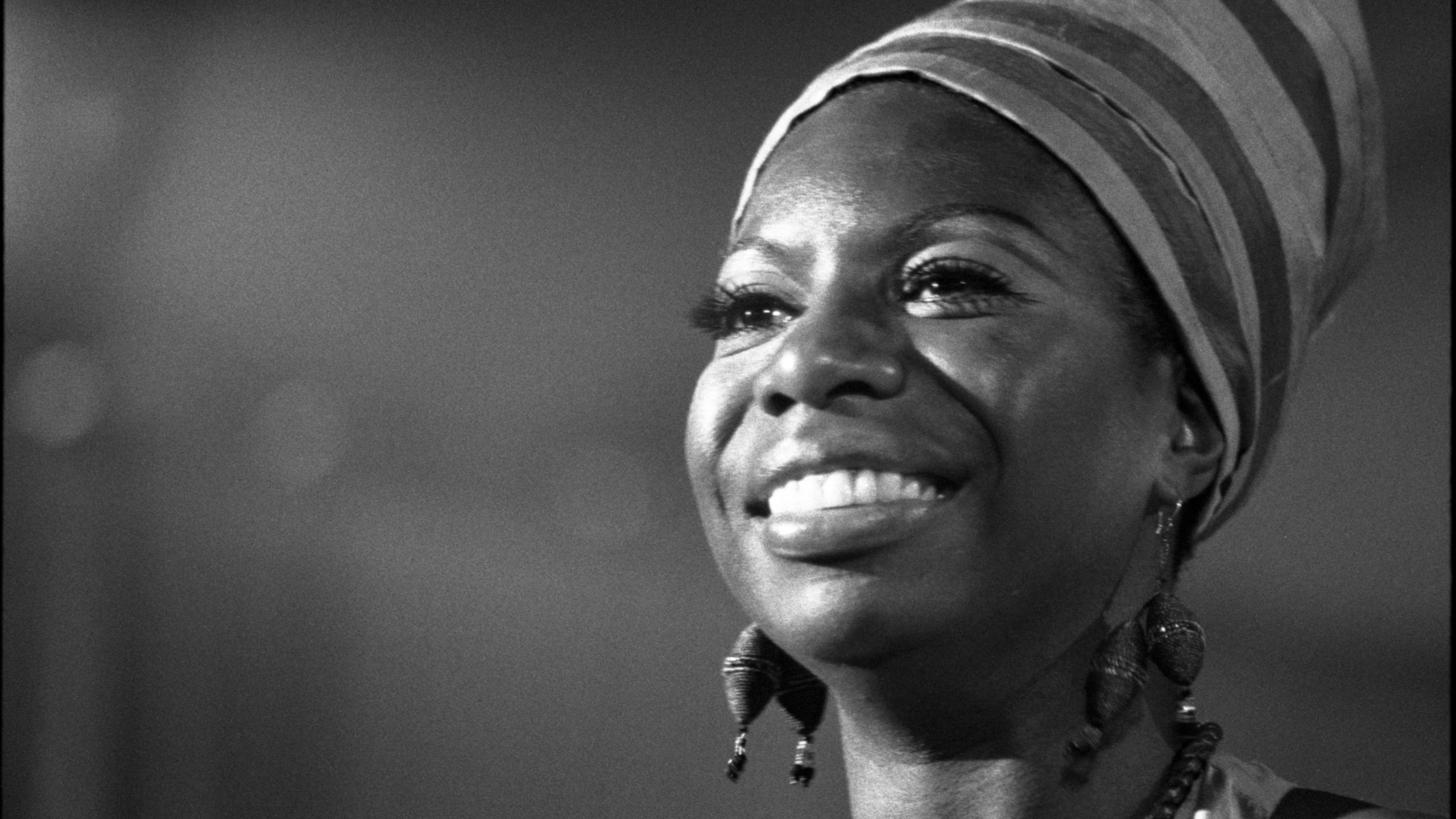
Artist History
Nina Simone was born in a very small town called Tyron, located on the Southwestern parts of North Carolina with an average populus of about 1,500 people. She was born to the parents of Mary Kate and John Waymon, a preacher and an entertainer, by the name of Eunice Kathleen Waymon. In her childhood she learned to play the piano at a very young age, and by the age of 6 was playing for her church services. One of her largest female industry influences is the very esteemed Queen of Jazz, Swing, and Blues, Billie Holiday.
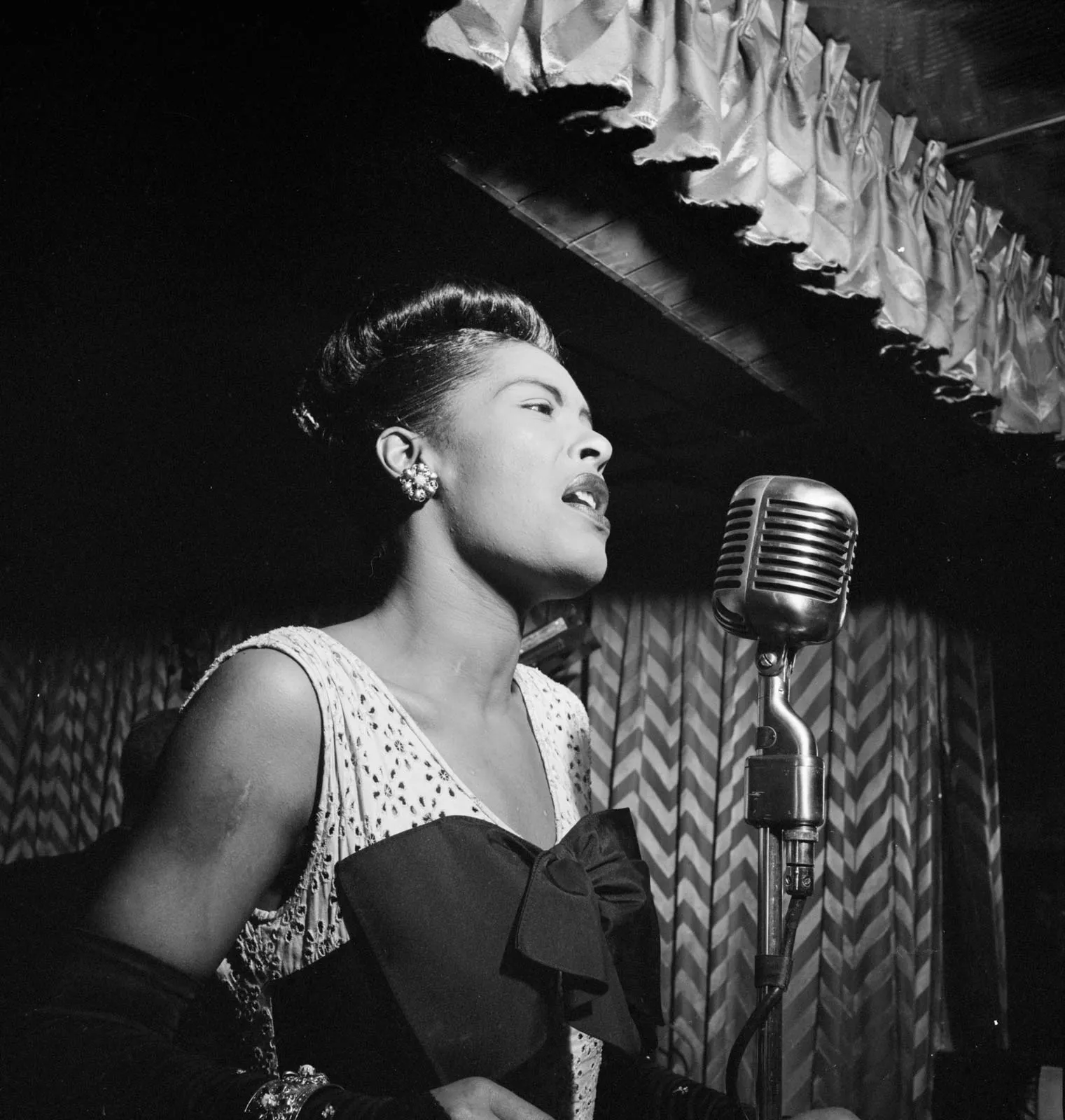
Professional Career
Early Career:
In Simone’s early career, she played at local bars like Midtown Bar Grill in Atlantic City, New Jersey and developed her stage name Nina. In 1958, she signed with Bethlehem Records and launched her debut album, Little Girl Blue. Below, is her version of “I Loves You, Porgy,” which was a Top 20 Hit in 1959.
Mid Career:
In the mid to late 1960’s, Simone became very active with the Civil Rights Movement, releasing protest songs like “Mississippi Goddamn” and even becoming an icon for Black Power and Nationalism. By the 70’s, she was an outspoken activist uplifting and encouraging Black women and youth, with songs like “Four Women”(66) and “To Be Young, Gifted, and Black”(69).
End Career:
By the 90’s, Simone was entering the ends of her career, releasing albums when she could. Most of her time and effort was put into her autobiography, “I Put a Spell on You”, inspired by her 1959 song. She was inducted to the Curtis Institute of Music as an honorary doctor of music in 2003, and soon died days after.
Contemporaries
Some of the most famous contemporary artists who continue the legacy of Nina’s works are Black billionaire rappers, Kanye West and Jay Z. Both of these artist sample lots of Simone’s works, with songs like “Four Women” and “Do What You Gotta Do. “
Influences
Nina Simone accredits most of her vocal influence and inspiration from former soul and jazz legend, Billie Holiday, however she credits her largest technical influence, her pianist skills and musicality, to the German composer, Johann Sebastian Bach.
She says " Once I understood Bach's music, I wanted to be a concert pianist. Bach made me dedicate my life to music, and it was that teacher who introduced me to his world."
Awards
During her lifetime, Simone was nominated for 2 Grammy Awards with her songs “Go To Hell(1967) and her 1970 album, Black Gold. Even after her life, she has been accredited for the Best Music Film for her Netflix documentary, “What Happened, Miss Simone?” and the Best Rap Song, using her sample from her 1966 song, “Four Women.”
Social Involvement
Simone was heavily involved in the Civil Rights Movement in the 60’s and its effects in the 70’s during her lifetime. She joined the American Society of African Culture in Lagos, Nigeria. She was also involved artistically with SNCC, the Student Nonviolent Coordinating Committee, (pictured middle) and even the Congress of Racial Equality.
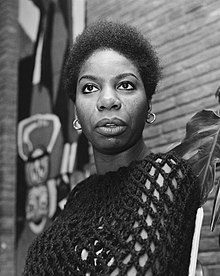
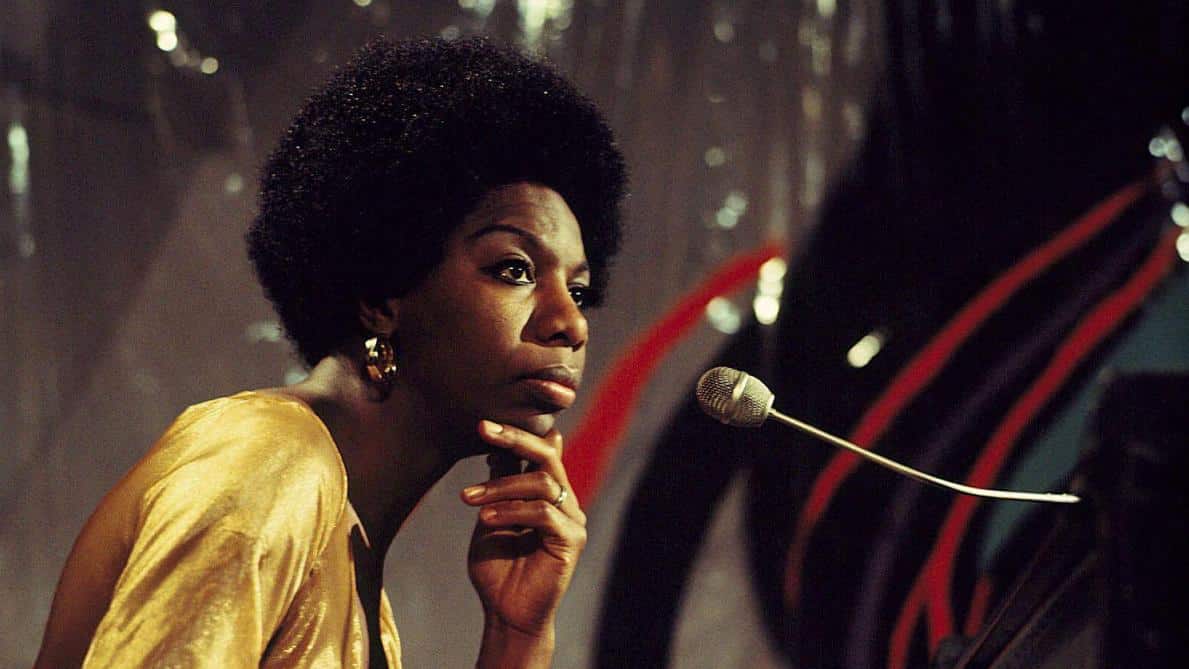
Here's a Link to Miss Nina's Discography:
https://www.ninasimone.com/discography/
Here is also a link to a formal Bibliography of Nina Simone:
https://www.ninasimone.com/biography/
Conclusion:
Nina Simone is one of the best examples of the Black woman in America. We use our voice everyday, and despite our encouragement, love, and support for other people, we still seem to trickle to the bottom for care, support, or even just a listening ear. Nina’s life was filled with high praise and really harsh critics and criticisms, however she lived it for her. She not only used the muses before her to inspire her style and musicality, but she also pushed the boundaries of jazz, blues, and rhythm and blues by being creative and staying authentic to her artistic interests. I aspire to experience life as freely as Nina did.
To your right, is yet another one of the most raw, and personally most poetic and interesting song, by Miss Simone.
Listen to it and see if you can recall what reference or historical connection she is alluding to with the scent of Magnolia trees. What relation does this smell have to any region, state, or group of people during the Civil Rights Movement?

